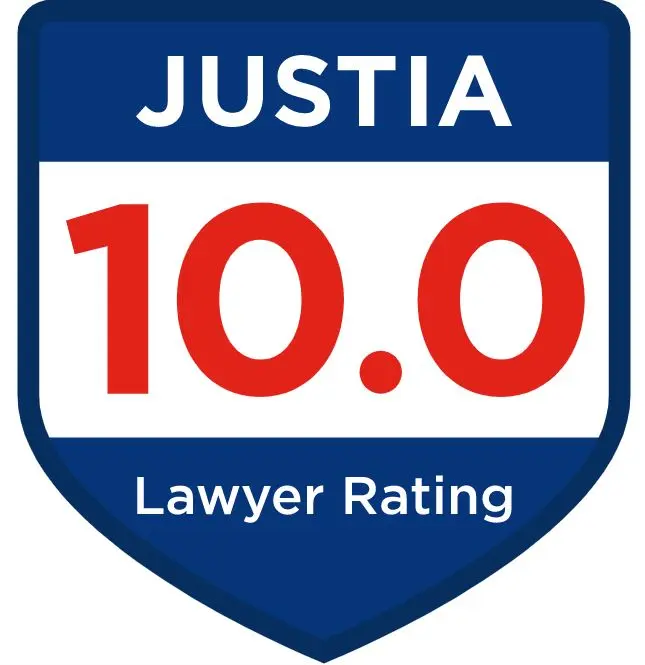UPDATE: By all appearances, the showdown was “won” by the governor because the lieutenant governor's bill remains dead after the special sessions. I'm sure we'll see zero of the lieutenant governor's claims of the death and destruction occur, especially because they never occurred in the first place since the law changed in 2019.
Vetoed!
The “THC Ban,” which was the most talked about bill of the Texas Legislature’s 2025 session, was vetoed by Governor Greg Abbott at the 11th hour. Some in the legalization camp called it a victory, while others favoring an all-out ban claimed calamities against safety would commence or continue, depending upon their beliefs. Neither is right, and both are jumping to unjustified conclusions.
The immediate takeaway is not much is changing… YET.
Pay No Attention to the Plant Behind the Curtain
THC is the popular name for tetrahydrocannabinol . It produces the "high" people experience with marijuana and THC products like "gummies." THC is naturally produced in the cannabis sativa plant. (There's more than one thing designated as "THC," and it can be artificially produced, but that'll confuse the issue further for this blog piece.)
Texas is and has been in a confused legal state for years regarding THC and marijuana. There is no emergency, nor has any calamity occurred from people consuming THC.
Texas Legislators in 2019 who clearly didn’t understand much about marijuana, hemp, and THC etched their ignorance and irrationality into the law. They merely followed the lead of the United States Congress. Lawmakers apparently couldn't understand much beyond the concept of helping farmers make "more money" on a "new" crop. (I like that concept, too!)
Legislators seemed to think hemp was a remarkably beneficial crop deserving of legal protection and investment. At the same time, marijuana was a crop of Satan. Never mind that it's the same crop separated only by a legal designation of how much THC is in the plant.
THC can be concentrated from legal hemp, just as it can be from illegal marijuana. Who could possibly know such a thing at the time of the law's passage? The answer: anyone who cared to learn basic facts on the topic.
After THC is concentrated, whether its source is legal or not legal is not determinable. Of course, it takes more weight from the low-THC plant to derive the same amount of THC than it requires with high-THC versions of the same plant.
The only real difference between legal hemp and illegal marijuana is drawing a line in the sand between what makes a plant legal and illicit. This should've been known to lawmakers. Maybe I expect too much from elected officials.
Abbott signed into law the very same hemp bill passed by the Legislature. His veto comically “plays dumb” by claiming “bad actors” exploited loopholes.
Reefer Madness
Legislators decided the line between heavenly and wicked is anything over 0.3% of THC in the dry weight of the plant. Of course, that's arbitrary and primarily based on the notion that people should not be getting high. You know, because _________________. Fill in the blank with anything at all, such as "safety" or "crime," "raindrops," or "flying monkeys," and don't give it another thought because what goes in the blanks takes a back seat to the real motivation: disapproval of the personal choice to get high on THC.
The truth is the most significant harm done by marijuana is making it illegal and harming people who don't hurt others . Yet, law is not required to be logical or rational, nor need it even be based on reality at all, and so we have our current drama. Rather than addressing real problems, we deal with this instead.
We are still a long way from resolving the mess, even if another bill is passed and signed into law. Regulation may be the only way out, given the current political climate, and we are all aware of the Republican attitude toward regulating industry, especially in Texas.
Rather than utilizing experts in the field and establishing a comprehensive framework for regulation from seed to consumption, use, and disposal, it's likely that the Texas Department of Public Safety will be saddled with another task it doesn't know how to handle and shouldn't be undertaking. This is what happens when rational thought and empirical data are irrelevant to decision-makers.
What’s Next?
For now, there's little certainty about anything that may come from a special session called by the Governor. It's set to begin its 30-day term on July 21.
Sometimes, the result of a special session is highly predictable, based on what happened in the regular session. This time, I doubt any bill will address the problem, and it will dominate the 2027 regular session. Of course, that's a prediction that could be totally wrong because, well, it doesn't have to make any sense.
This special session presents an unusual potential challenge: a Republican vs. Republican showdown between the two men occupying the most powerful positions in the Texas government.
It would likely mean one of the two most prominent figures in Texas politics backs down to the other's position, or one beats the other. One essentially controls what bill can be passed. The other controls the ability to veto a contentious bill. So, what is the likelihood of one backing down to the other? It's more likely nothing will happen because neither will back down. We don't have to wait much longer to know.
SHOWDOWN
The showdown is between the Governor and the Lt. Governor, Dan Patrick. Both are in the same general camp of irrationality: prohibition of marijuana and its "reefer madness” outcomes.
The Governor seems to grudgingly accept the legal reality that Congress has already covered the topic of hemp/marijuana. When that happens, the Supremacy Clause of the Constitution of the United States renders contradictory state laws invalid. He used such an explanation to justify his veto. The rub then comes from Patrick.
Patrick is ardently anti-THC and anti-marijuana. His position is so extreme that his reaction to Abbott's veto included a dare to Texans to vote him out of office over the issue. He said after the veto, he is “staying with a ban” and further pledged to never allow marijuana to become legal in Texas.
That kind of anti-marijuana declaration makes passage of any bill legalizing THC hard to imagine. Suppose Patrick is dead set against marijuana being legal like it is now. In that case, it stands to reason all other products containing THC are on his naughty list, too. Regrettably, I'm not convinced "reason" has anything to do with this discussion.
That keeps Texas law enforcement, including prosecutors, in a state of limbo. Prosecutors must prove beyond a reasonable doubt a leafy substance is illegal marijuana instead of legal hemp, despite there being no way to distinguish the two without a lab result. The Texas Department of Public Safety won’t even conduct such testing . Also, since THC derived from legal hemp cannot be distinguished from THC derived from illegal marijuana, it puts prosecutors in an impossible situation.
I'm sure they were looking forward to some clarity. So far, they don't have it. I don't think they will get it this session.
Meanwhile, Abbott effectively called on the Legislature to regulate the THC industry. Of course, regulating implies the legalization of that something. If products containing high concentrations of "dangerous" THC, like oils in vape pens, can be regulated into being "safe," it stands to reason marijuana's lower concentrations of THC are "safe." That contradicts the beliefs of people like Patrick. It's hard to imagine any THC legalization bill can pass through the Senate in the special session with Patrick in charge of the chamber .
The entire discussion is ludicrous and devolves into fantasies of "reefer madness" fear on the part of prohibitionists rather than being based in reality. Yet, that's where we are. If you look behind the curtain, you'll see their positions are bluster.
Is it high noon yet?









